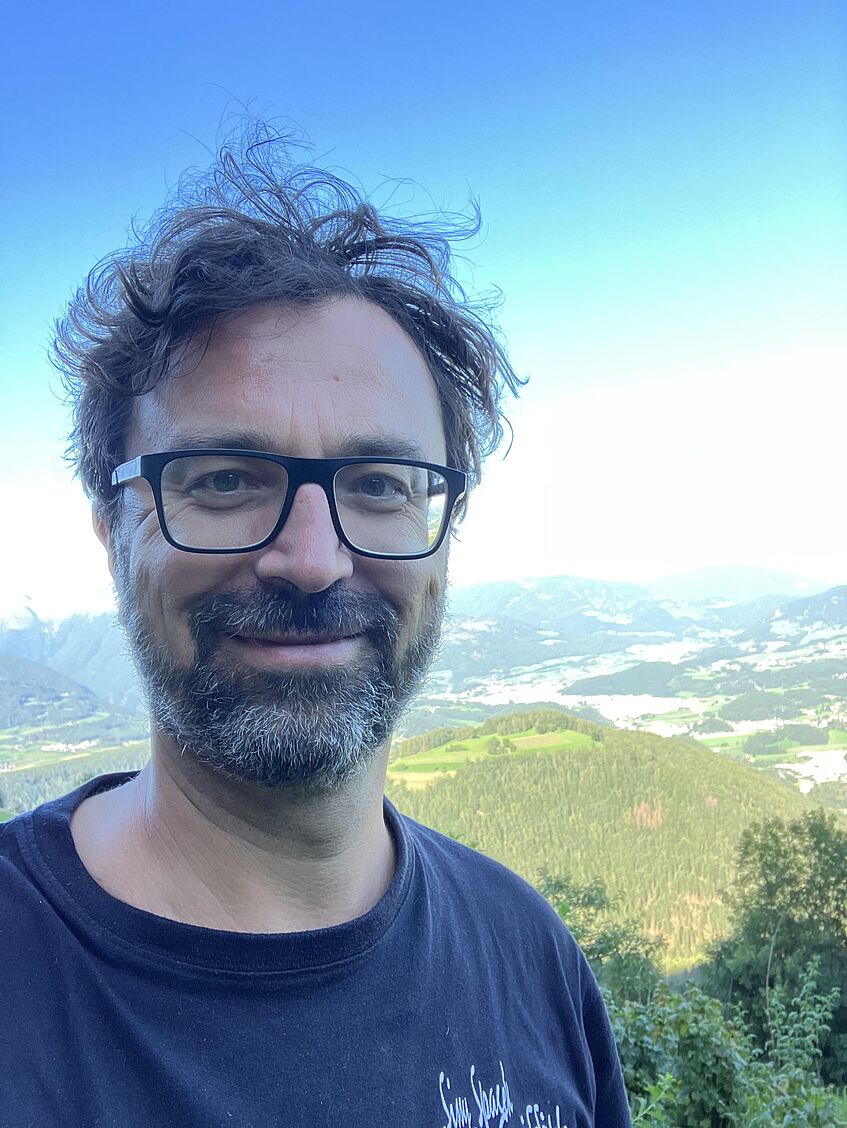Univ.-Ass. Mag. Dr. Matthias Flatscher

Photo source: private.
Univ.-Ass. Mag. Dr. Matthias Flatscher
Contact
Neues Institutsgebäude
Universitätsstr. 7/2nd floor
Room: B 209
1010 Vienna
T: +43-1-4277-494 14
E-Mail: matthias.flatscher@univie.ac.at
Office hour
After agreement
Teaching
Courses: u:find
Short biography
Matthias Flatscher is assistant professor at the Department for Political Science in the University of Vienna. Working at the intersection of political theory and practical philosophy, he is currently writing his habilitation thesis on “Politics of Alterity: Rethinking the Democratic Dispositive” (exp. 2021). Drawing on critical theory and post-foundationalist thought, Flatscher’s research explores discourses of alterity as well as ethico-political implications of the philosophy of language and culture, contemporary theories of democracy, and (radical democratic) theories of institutions.
After receiving his philosophy degree, Flatscher worked as an assistant at the Department of Philosophy in the University of Vienna (2000-2014). Additionally, he had research visits at the Department of Philosophy at the State University of New York / Stony Brook (1999), and the Emory University / Atlanta (2009). He held Humboldt-Fellowships at the Husserl-Archive in the University of Freiburg (2011-12), at the FU Berlin (2015) and the Goethe-University Frankfurt (2019). He taught at the Universities of Basel, St. Gallen, Freiburg, Hagen, Klagenfurt, Innsbruck and at the Ramkhamhaeng University / Bangkok (Thailand).
Matthias Flatscher is Member of the Editorial Board of the journal Le Foucaldien, member of the research platform Religion and Transformation, member of the complete edition of Martin Heidegger’s correspondence and co-founder of the Critical Theories Network in the University of Vienna.
For the academic year 2022/2023, Matthias Flatscher holds a W3 deputy professorship at the Department of Philosophy at the University of Würzburg.
Fields of research
Political Theory, Language and Social Philosophy, Political Ideas, Democracy Theories and Discourses of Alterity
